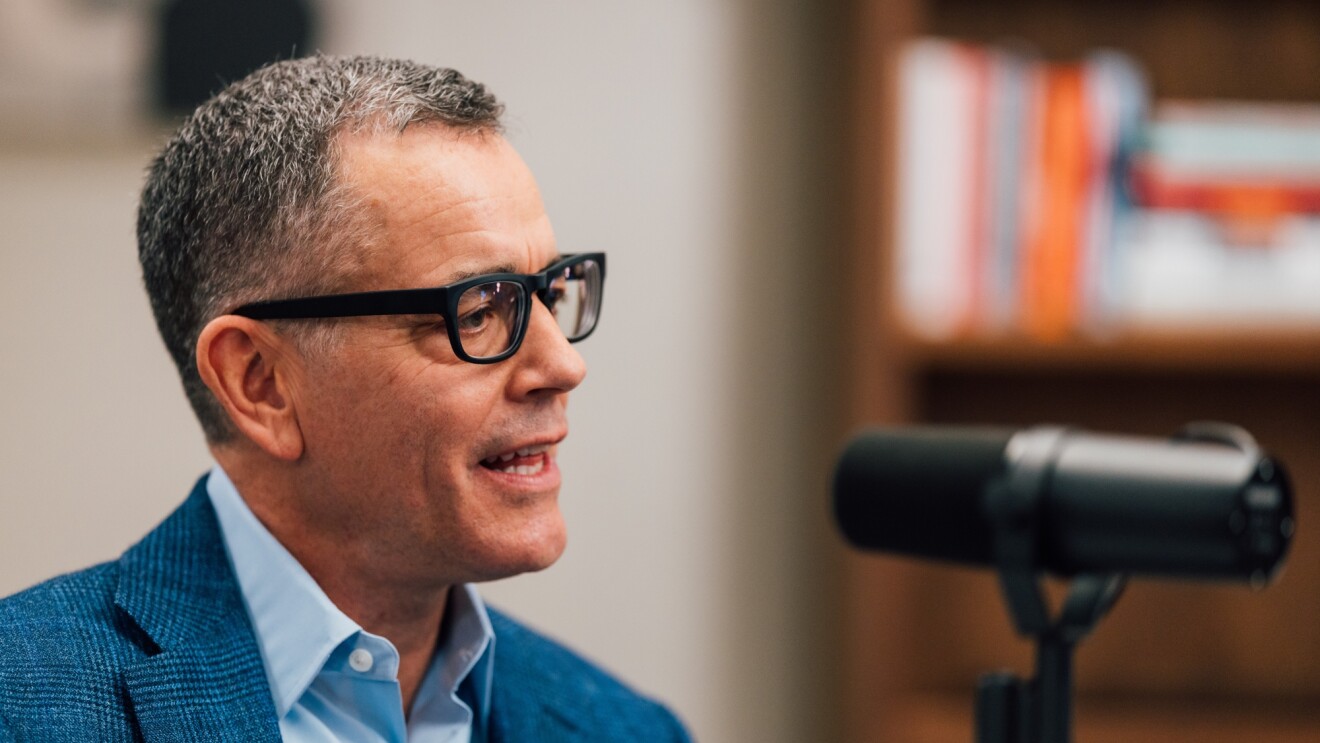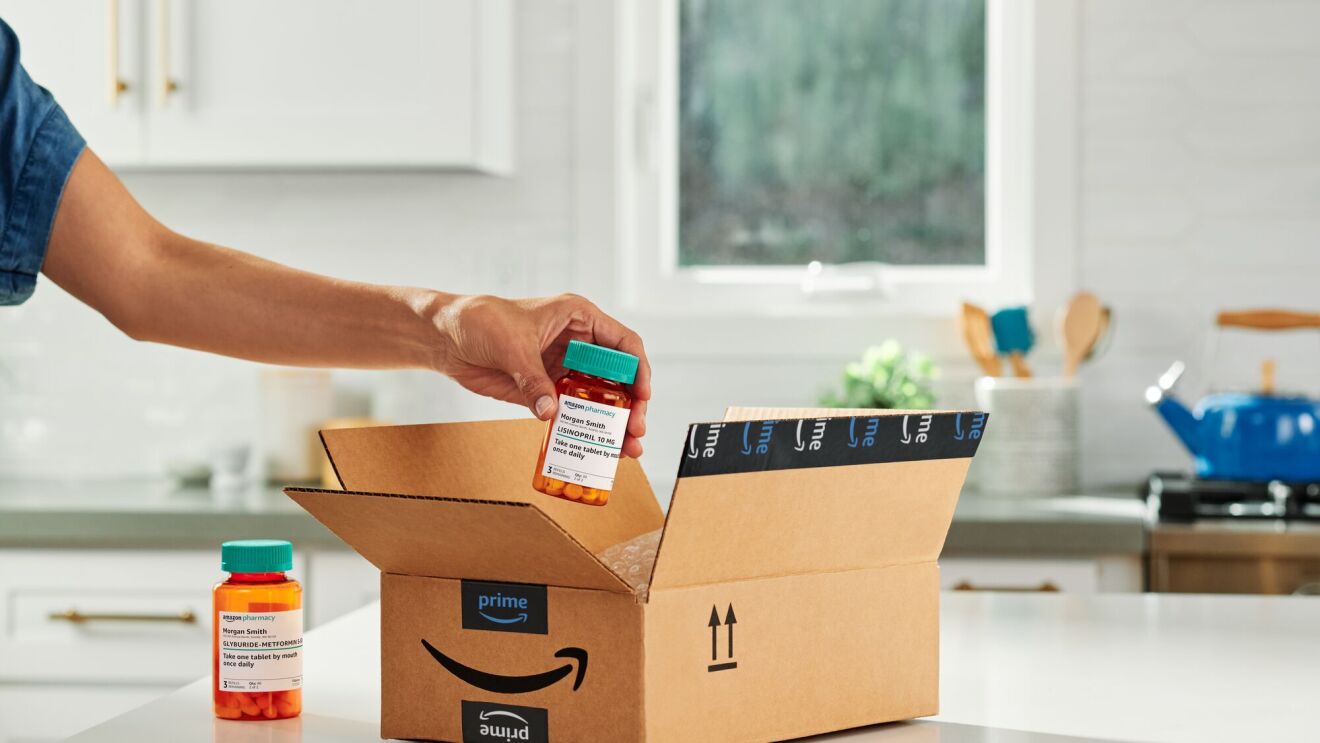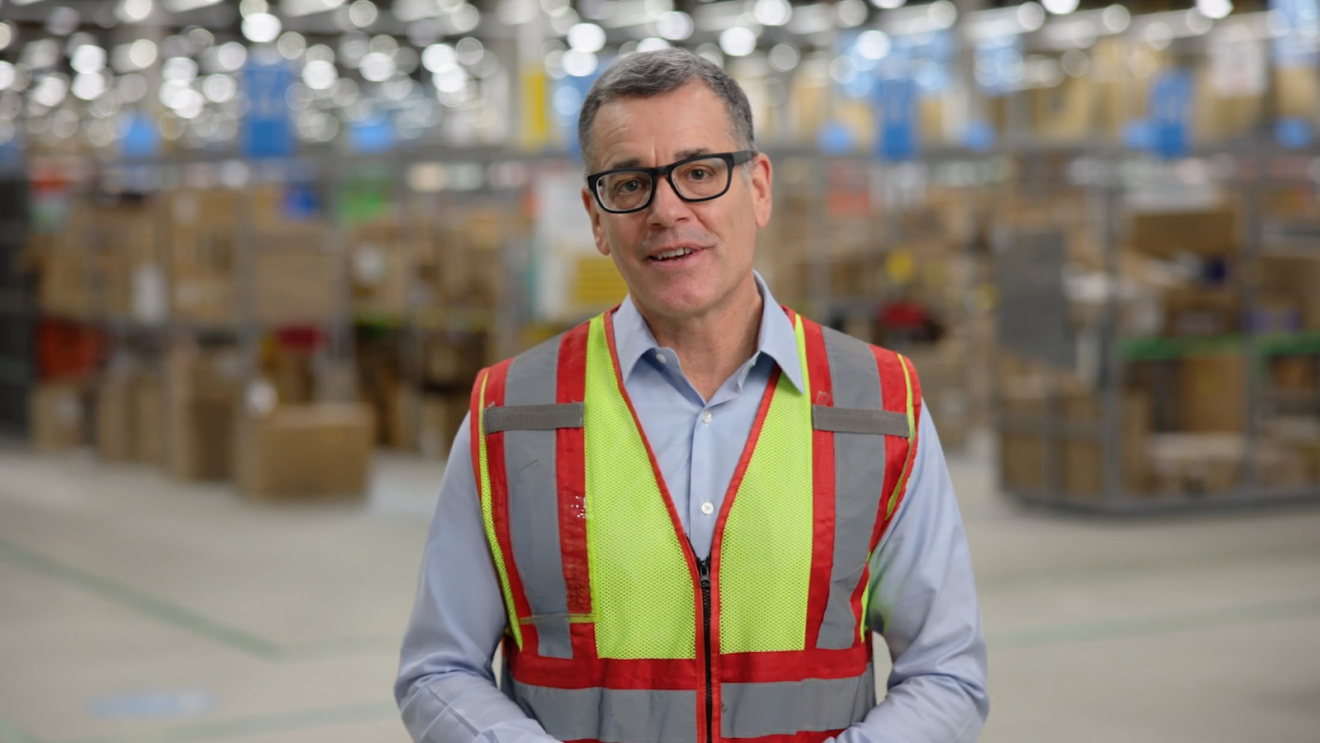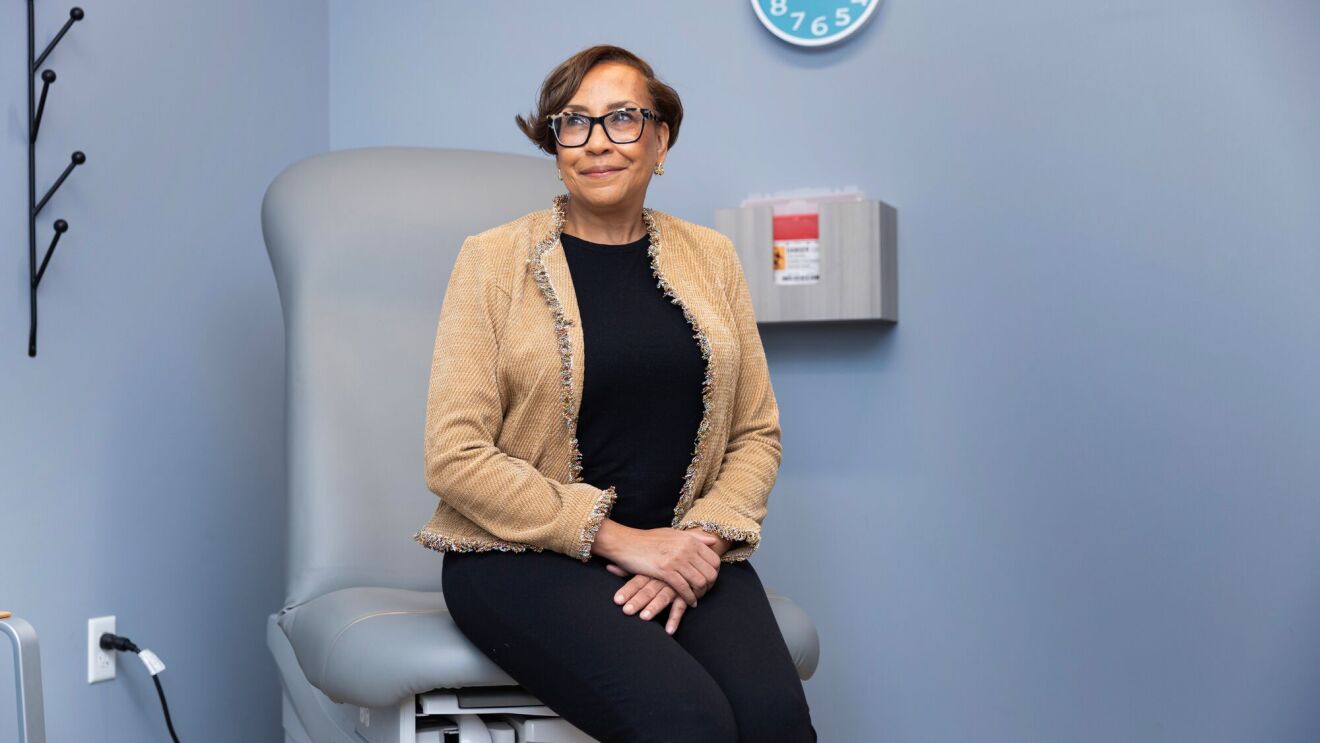A laundry facility, after-school care, loan programs, and roses. What do these things have in common? The Whole Trade Guarantee at Whole Foods Market.
Every year, hundreds of millions of roses are purchased for loved ones for Valentine’s Day. Roses are the quintessential symbol of love and romance and remain the most popular flower for Valentine’s Day, but do you ever stop to think about where they come from—or who grows them?
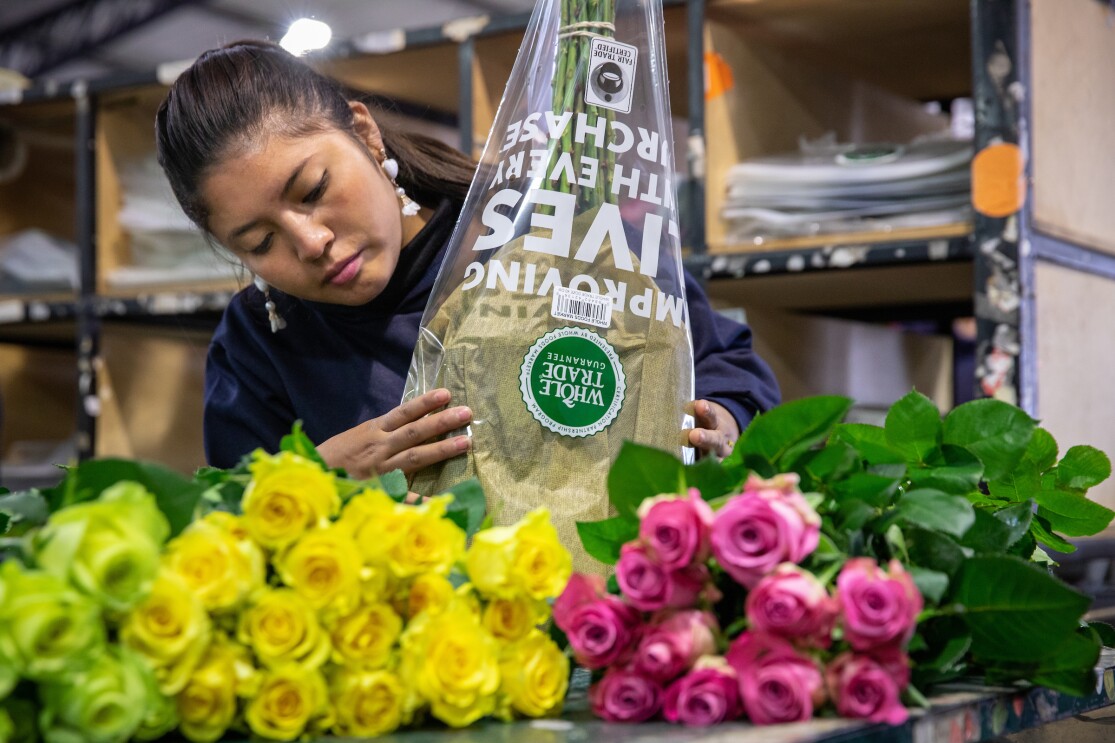 Melony Liszeth Guayas Guono processing roses at Agrogana farm in Cotopaxi, Ecuador.Photo by Erin Lubin
Melony Liszeth Guayas Guono processing roses at Agrogana farm in Cotopaxi, Ecuador.Photo by Erin LubinAt Whole Foods Market, the roses are different than many of those sold by other retailers. Our roses bear the Whole Trade Guarantee seal—so customers can shop knowing that each purchase of roses benefits the communities where the flowers were sourced.
In 2007, Whole Foods Market created the Whole Trade Guarantee program. The program began as a way to highlight our commitment to ethical trade, working conditions, and the environment, while also meeting our standards for high quality products. In order for the company to sell a product with a Whole Trade Guarantee seal, products must adhere to the following criteria:
Meet our strict quality standards.
Our standards prohibit more than 100 preservatives, flavors, colors, and other ingredients commonly found in food.
Be third-party certified by a Whole Foods Market-approved certifier.
Be produced by a committed supplier partner with a deep, transparent relationship with the company.
Demonstrate a measurable, positive impact on farm workers, communities, and the environment.
Under the Whole Trade Guarantee program, the company works with several certification partners, including the nonprofit organization Fair Trade USA. Since 2008, Whole Foods Market has worked with Fair Trade USA to support farm worker communities in Ecuador that grow the roses sold in our stores.
Whole Foods Market remains an industry leader in Fair Trade certified roses, representing 96 percent of the Fair Trade certified roses sold in 2019. In addition to meeting the Fair Trade certification requirements, the roses must also meet our strict quality standards.
At one of the rose growing farms in the Cotopaxi region of Ecuador, the farm workers have used their community development premiums to build their own after-school program, an on-site laundry facility, on-site dental and doctors clinics, and loan programs.
Below are some of the ways real farm workers have benefitted from the program
01 / 04
How to get your roses
From February 7 to 14, Prime members can save even more and get two dozen roses for just $19.99, while supplies last. The roses can be purchased in Whole Foods Market stores, or Amazon with fast, free two-hour delivery with a purchase of $35 or more.
From February 7 to 14, Prime members can save even more and get two dozen roses for just $19.99, while supplies last. The roses can be purchased in Whole Foods Market stores, or Amazon with fast, free two-hour delivery with a purchase of $35 or more.
“Not only do these beautiful, high-quality, double dozen roses make the perfect gift, but these roses have a very special story behind them,” said Carol Medeiros, vice president of perishables support at Whole Foods Market. “These are not ordinary roses. They are a purchase you and your loved one can feel good about this Valentine’s Day.”






